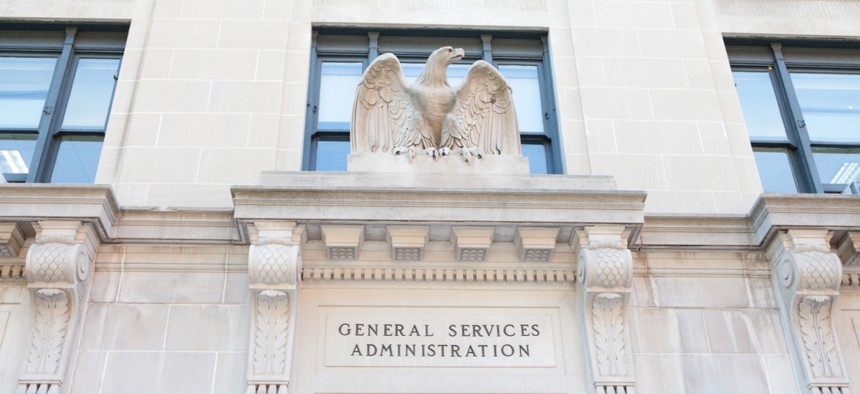The Devil’s in the Details as GSA Seeks to Consolidate the Multiple Award Schedules

Mark Van Scyoc/Shutterstock.com
The agency is entering an important transitional year as it combines its many schedules into one.
The General Services Administration will use the coming year to determine what its recently announced consolidated schedule will look like, according to the official leading the effort.
GSA announced in November the consolidation of 24 multiple award schedules into a single contract vehicle that federal agencies can use to purchase a range of more than 10 million products and services. Each year, agencies purchase about $30 billion worth of products—ranging from office supplies to various IT services—through GSA’s 24 schedules.
“Over this year, we’ll start the consolidation of the MAS program,” said Stephanie Shutt, director of the MAS Program Management Office, speaking at a recent GSA industry day.
Shutt said an integrated project team consisting of MAS members and officials from various acquisition centers and portfolios is doing much of the early work. This team will help make crucial decisions that could shape the single schedule.
For example, Shutt said they are reviewing all existing terms and conditions and determining where overlap exists among special item numbers, which generally categorize the kinds of good and services available. One goal, she said, would be to get rid of redundant or duplicitous conditions.
Panelists raised other potentially sticky issues at the industry day. One such issue is the current application of the price reduction clause across MAS, which dictates that participating contractors report changes in the pricing of their commercial good and services. Panelists argued the clause is due for major reform.
Larry Allen, president of Allen Federal Business Partners, called the clause “a legacy from a bygone era,” and Roger Waldron, president of the Coalition for Government Procurement, said it harkened “back to a 1980s policy” before the internet and much outside competition. These days, Waldron said the clause keeps companies from putting items on contract in the public sector for fear of it negatively affecting their commercial business.
Shutt said Phase II of the MAS consolidation will begin in January 2020 and entail moving existing contract holders to the new schedule. In total, Shutt said it is likely to be “at least a five-year process to get everything synched up.” In the meantime, Shutt advised companies waiting for a new contract or looking to get on the schedule to continue with business as usual and not to halt their efforts or wait for GSA to get caught up.






